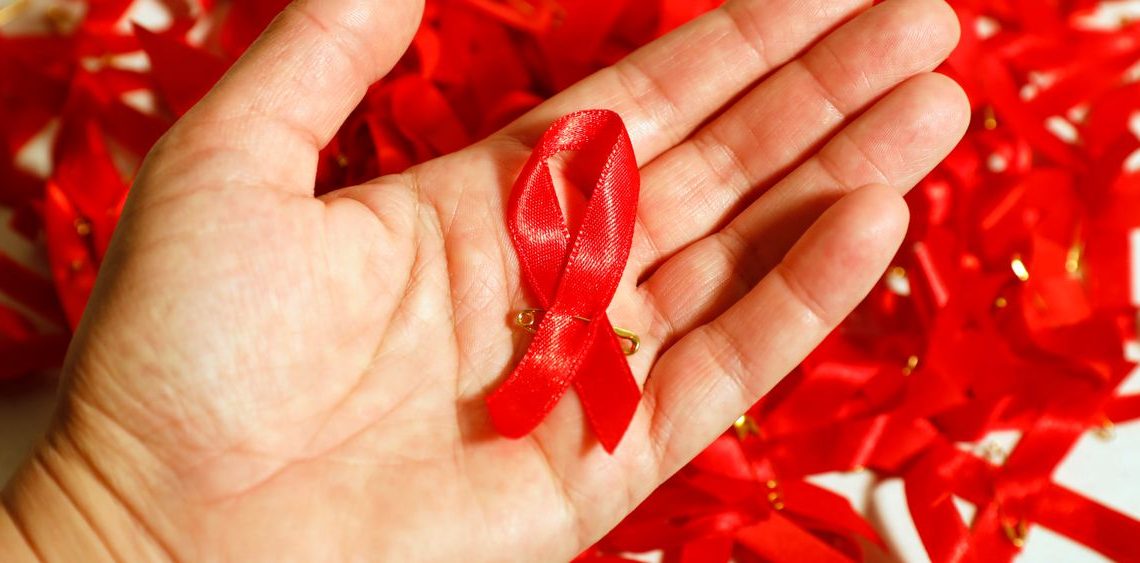By: Asim Nawaz Abbasi/Member IAS
KARACHI: Leaving government’s claims aside of reducing HIV+ in the country. Everyone is put to shock over an out of control HIV outbreak in Larkana district of Sindh province where total number of HIV+ infected children is now 128 that mostly includes children.
The district is the political capital of the ruling Pakistan Peoples Party (PPP) in the province. Such a huge number (128) of HIV positive cases in just one district of the province clearly depicts the negligence of the government and put a question mark on Sindh government’s tall claims of good governance.
An official of the federal health ministry said following a discussion with UNAIDS Country Director for Pakistan and Afghanistan, Dr. Maria Elena G Filio Borromeo, they have decided to send a technical team of experts comprising an epidemiologist, a prevention specialist and UNAIDS strategic information advisor as well as officials from WHO, Unicef, UNAIDS and NACP to investigate the recent outbreak and present its recommendations to the government.
“At the moment, provincial health authorities are not aware of the root cause of the spread of HIV infection among such a large number of children and to ascertain the reasons, a team of technical experts is being rushed to Larkana tomorrow to launch an epidemiological investigation into the HIV infection”, an official of National Aids Control Program (NACP) told The News. He said the team would investigate whether the HIV infection is being spread through reused syringes, unsafe blood transmission or if it is some deliberate action.
On Saturday, 25 more children and four adults were tested positive for HIV in Larkana after 619 people were screened for the deadly infection. “So far, 157 new cases including 127 children and 30 adults have been detected during a mass screening drive underway since April 25, 2019”, Director General Health Sindh Dr. Masood Solangi told The News. Solangi said during the last 10 days, they had screened over 4,102 people in Ratodero, Larkana and the drive will continue till they ascertain the root cause of the viral infection.
Meanwhile, the provincial drug administration issued directives to drug inspectors to ensure that syringes are not reused at any public or private hospital in the province. Sindh Police have already formed a Joint Investigation Team to probe into the spread of HIV, but the federal authorities said it is unlikely to produce any result as it lacks capacity and is not capable of doing such a technical investigation.
As the story developed and investigations were underway Larkana Police arrested a doctor on charges of spreading HIV amongst his patients.
The accused Dr Muzaffar Ghanghar, who himself is an HIV patient, was employed at a public hospital in Ratodero district of Larkana. He was allegedly responsible for spreading the Human Immunodeficiency Virus (HIV) among his patients.
However, Dr Ghanghar denied the charges and termed the case a “conspiracy” against him. He said that he was not aware of his condition. Adding, “If I had known about [HIV/AIDS] I would have sought treatment.”
Dr Sikander Memon, in-charge of the Aids Control Programme in Sindh, said a team will arrive in Ratodero next week to determine the causes behind the transmission of the HIV among the residents.
According to an estimate by Dr Memon, there are estimated to be more than 100,000 HIV-positive people in Sindh province. However, the Aids Control Programme has only 10,350 registered patients who are provided treatment.
According to WHO, Pakistan is registering approximately 20,000 new HIV infections annually, the highest rate of increase among all countries in the region.
From Our Print Edition
